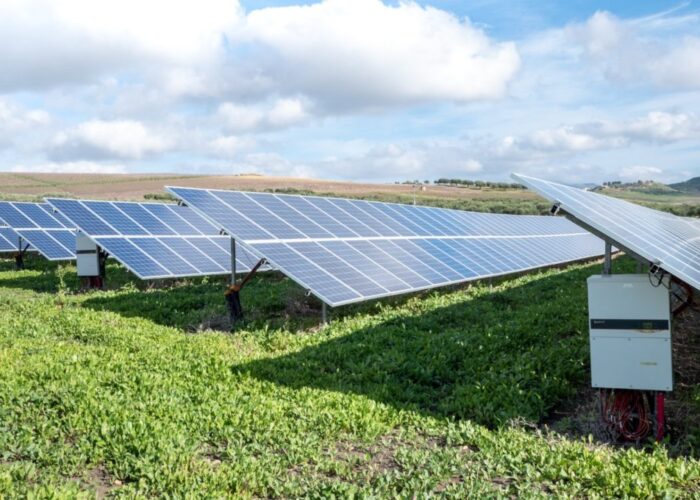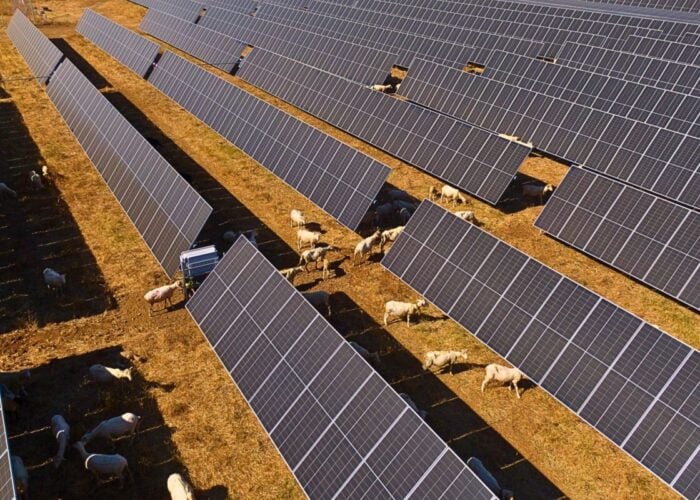The Spanish government has announced a series of cuts to renewable energy subsidies totalling €2.7 billion (US$3.5 billion) as part of widespread reforms to its energy policy.
Solar energy producers, already hit hard by previous rounds of tariff cuts, were expected to be damaged further affected by the latest reforms.
Unlock unlimited access for 12 whole months of distinctive global analysis
Photovoltaics International is now included.
- Regular insight and analysis of the industry’s biggest developments
- In-depth interviews with the industry’s leading figures
- Unlimited digital access to the PV Tech Power journal catalogue
- Unlimited digital access to the Photovoltaics International journal catalogue
- Access to more than 1,000 technical papers
- Discounts on Solar Media’s portfolio of events, in-person and virtual
The country currently has a deficit of €26 billion (US$33 billion) as a result of regulated electricity prices failing to catch up with rising costs of energy.
This year’s deficit alone is estimated at around €4.5 billion (US$5.9 billion).
The Spanish government’s latest reforms will see a new system of financial returns introduced for renewable energy installations under which investors will be guaranteed “reasonable profitability” of 7.5% over six years for their investment.
In addition to the subsidy changes, regulated electricity tariffs will go up by 6.5%, which translates to a 3.2% jump in customers’ total bills.
Prior to the announcement it was speculated that the government would seek to gain €900 million (US$1.2 billion) through higher increased consumer bills and would cover no more than €900 million from its own pockets.
The Spanish PV association UNEF said it was unable at this stage to estimate precisely what effect the proposed changes would mean for the liquidity of solar installations, but said it was unlikely the proposals would “not have a strong impact” on the sector.







